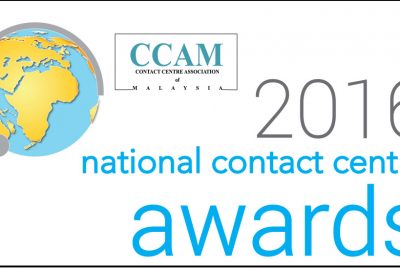
KUALA LUMPUR: Total investments in the global services (GS) sector is estimated to reach RM89 billion in 2025, according to the 12th Malaysia Plan (12MP) document released by Economic Planning Unit (EPU) today.
The GS sector, according to the document, is part of the strategic and high impact industries to be accelerated during the five-year plan by the government in order to propel the growth of the Malaysian economy.
GS, which comprises principal hubs, global business services (GBS), and headquarters operation, is the main contributor of foreign direct investments (FDI) in the services sector.
The document said that most of the strategic and high impact industries recorded steady growth in the 11th Malaysia Plan (11MP) (2016-2020), however, 2020 was a challenging year due to the COVID-19 pandemic that has caused massive disruption to economic activities, adversely affecting most industries and businesses.
“Approved investments in GS by multinational companies recorded RM46.1 billion, which constitutes 51.7 per cent of the total FDI in the services sector from 2016 to 2020. During the same period, 309 new GS ventures worth RM17.6 billion in realised investments were recorded,” it said.
These realised investments have created 21,711 jobs, of which 4,411 were high-paying jobs with an average gross monthly salary of RM20,000.
Total business spending from these ventures, inclusive of capital expenditure, amounted to RM46.3 billion and another RM5.7 billion was spent on local ancillary services.
To date, Malaysia is home to 579 GBS with MSC status companies while another 349 are various operational headquarters employing 146,478 knowledge workers.
Under the 12MP, the GS sector has been categorised as “Priority Area A,” which is to accelerate the development of strategic and high impact industries.
To enhance the competitiveness of global services, several strategies have been prepared, namely instituting clear and supportive policies, regulations, and business environment; enhancing talent and capability of global service providers; improving digital infrastructures, and enhancing air connectivity to major cities.
“A conducive and supportive ecosystem is important for Malaysia to be a competitive GS hub. To create this environment, clear and supportive policies, a better regulatory and business environment, talent development, digital infrastructures, and air connectivity to major cities are required.
“Meeting these requirements will enable Malaysia to attract more GS companies and facilitate the growth of ancillary services providers,” said the document.
However, there are several issues and challenges which have impeded the growth of these industries.
“In facing the rapid changes in business models and the dynamics of decision making, companies globally are shifting to bundle key strategic services for business units into one single location.
“Although this trend brings opportunities for the establishment of more GS operations, Malaysia faces challenges in seizing these opportunities due to the lack of a supportive ecosystem,” it said.
Among the challenges are a lack of clear and consistent policies, regulations that are not facilitative, shortage of talent, slow development of digital infrastructure as well as a lack of air connectivity to major cities. – Bernama






